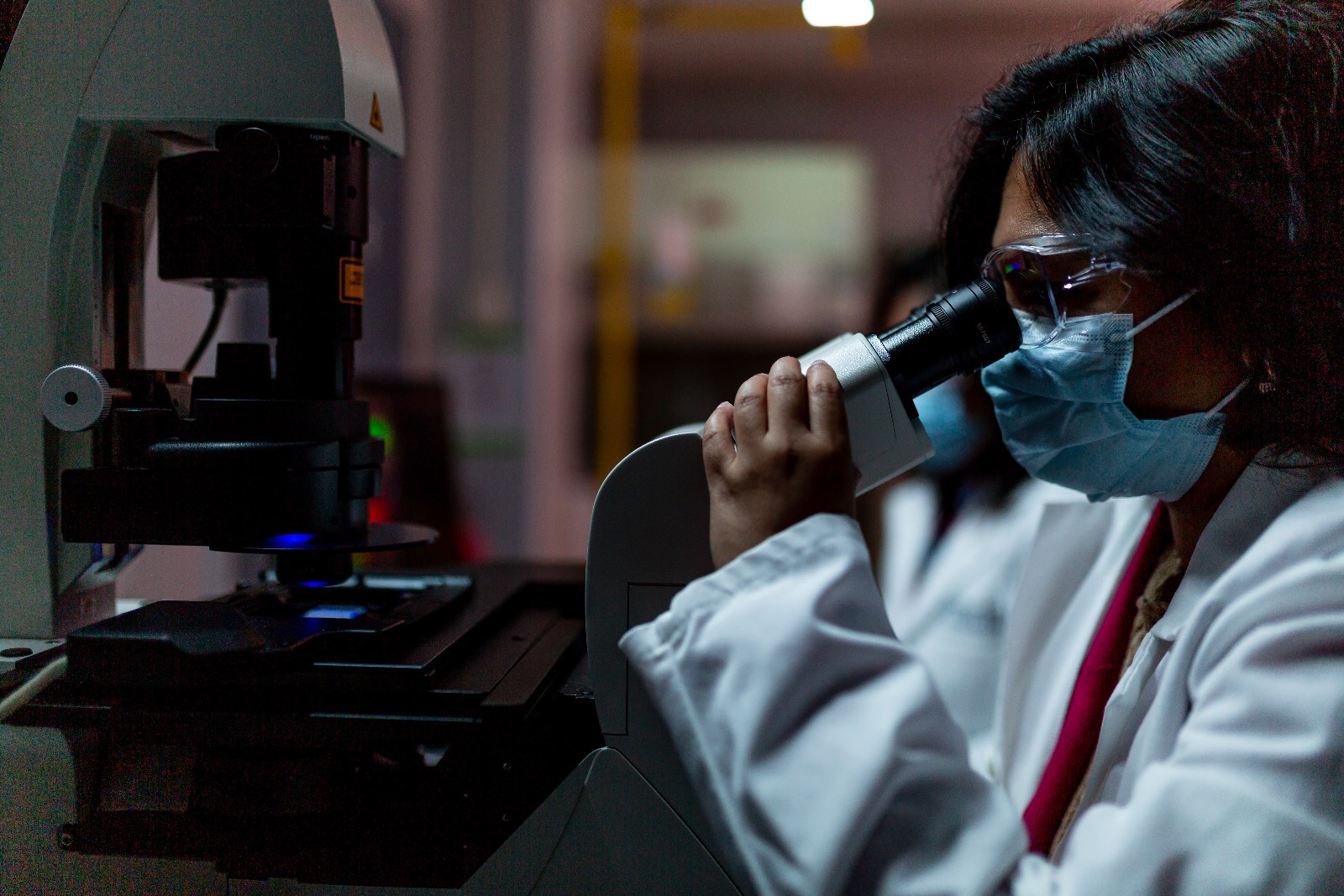 |
Research Goals for the Dale E. Creighton Brain & BioBank
|
Where the DECBB is today
At present, the DECBBB has collected clinical data and brain tissue from 265 patients with neurodegenerative diseases. The ability to assess and analyze the data and samples collected from these patients is already enabling research discoveries that could impact treatment and prevention options for future patients.
Over the past two years, data from the DECBB has contributed to several local and international research projects, including:
- Validation of new imaging techniques to capture brain pathology in living patients
- Identified that 18-FEPPA PET imaging demonstrates neuroinflammation in living patients with adult onset leukodystrophy (ALSP) that corresponds with white matter changes seen in brain tissue
- Identification of new genetic risk factors for types of frontotemporal dementias
- Identified genetic risk factor of developing Frontotemporal Dementia due to Pick’s disease pathology
- Detailed characterization of the neuropathologic correlates in different regions of the basal ganglia in patients with progressive supranuclear palsy (PSP) and corticobasal syndrome (CBS)
What does the future hold for the DECBB?
Through the clinical data and samples collected from generous patient donors and the detailed study of brain changes that occur in patients with various dementias, the DECBBB is dedicated to accelerating knowledge to help deepen our understanding on the causes of dementias and identifying targets for future preventive treatments and cures. The DECBB is devoted to making the future clearer for patients with dementia and helping people keep their memories longer and more intact.
The ongoing collection of data at the DECBBB will enable the study and subsequent validation of new technologies and techniques that can be used in both clinical and lab-based settings to advance neurodegenerative discoveries. It will also provide the opportunity to study potential impacts of current life events, such as the global pandemic, and the possible long-term effects a COVID-19 infection might have on neurodegeneration. Looking forward, the DECBB is committed to finding answers for those living with dementia now and in the future.


Get The Word Out